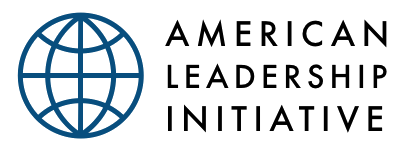Kudos to President Biden as he heads to the West Coast to host the Summit of the Americas, the first time the U.S. has hosted the event since the original summit was hosted by President Clinton in 1994. This will be an important opportunity to hear from U.S. partners and discuss ideas for advancing the region. What happens after the summit, however, is even more important than the meeting. The administration must take the results and implement a comprehensive strategy to compete with China and advance the Western Hemisphere.
Over the past decade, China has sharpened its focus on countries considered to be in the U.S. zone of influence. China’s trade with Central and Latin America has skyrocketed from $18B in 2002 to $449B in 2021, making it the second largest overall trading partner in the region and the largest trading partner with Brazil, Peru, Uruguay, and Chile. Its investment in the region has also grown dramatically with its Belt and Road initiative now in 20 countries in the region and over $140 billion of investment.
Read More





















